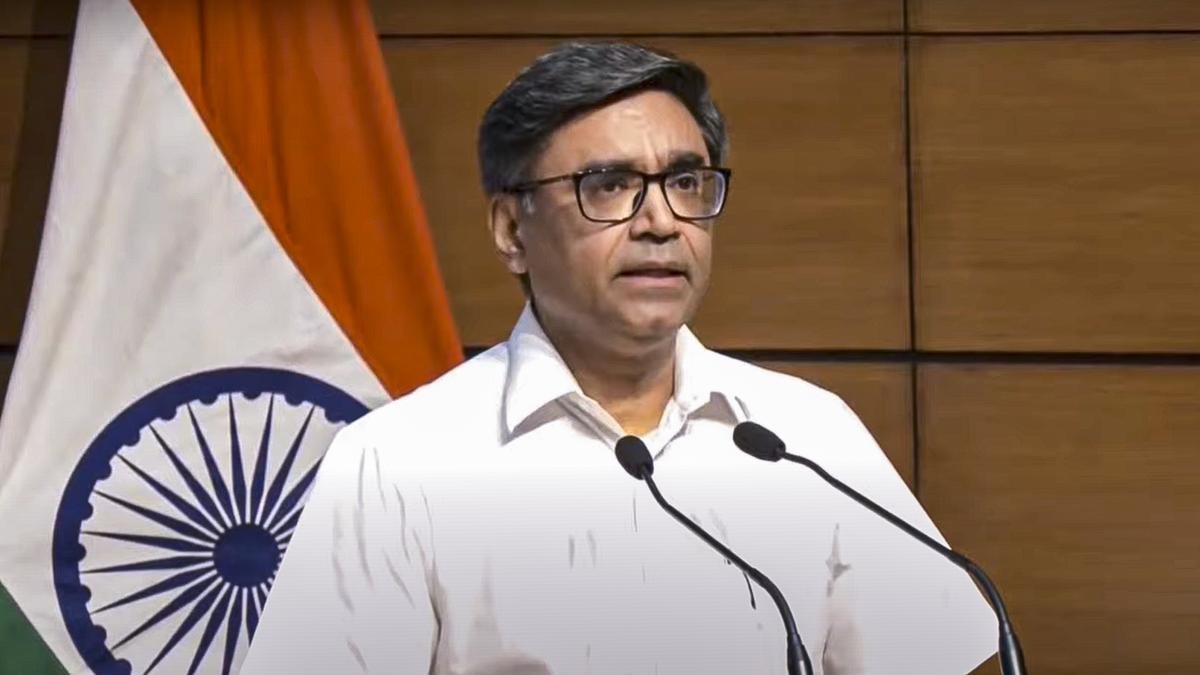
India’s foreign secretary, Vikram Misri, met envoys from 13 of the 15 member countries of the United Nations Security Council (UNSC) to apprise them about the Indian military retaliation. To support this claim, the briefing pointed out that the attacks were not aggressive, but rather a reaction to terrorism. India emphasized terrorists such as the Resistance Front (TRF), saying it wants them to be included on the UNSC list of sanctions. Both China and Pakistan did not attend the meeting, but India explained its national security concerns and gave a clear diplomatic condemnation against Pakistan’s role in supporting terrorism. The diplomatic outreach is in sync with India’s velvet-glove diplomacy tactic aimed at putting pressure on Pakistan over its terrorism and terror financing.
Summary:
-
India briefed 13 of the 15 members of the UNSC about its military strikes, stating that they were in retaliation for terrorism and not escalatory.
-
India’s diplomatic steps brought attention to a disturbing development in Pakistan’s approach, where it tried to distance itself from the TRF and called for sanctions against the terrorist groups affiliated with the UN Security Council.
Key Highlights:
India's Stand on Strikes:
-
India also affirmed that the raids conducted on Pakistan were not provocative but in response to the Pahalgam terror attack that was carried out by the Pakistan-based militants.
-
Foreign Secretary Vikram Misri briefed 13 out of 15 UNSC members (excluding China and Sierra Leone) regarding the situation.
Context:
-
The strikes were carried out in retaliation of the Pahalgam terror attack where 26 people were killed.
-
India chose its action to be moderate and proportional and directed towards military assets only.
-
The rationale was to prevent more such acts in future and to act as a preventive measure against other militant groups from Pakistan.
Briefing and Diplomatic Measures:
-
Misri described the strikes as measures against terrorism and not as aggression on the Syrian people.
-
India also highlighted the need to safeguard TRF from the SCN sanctions, as Pakistan tried to play it down.
-
India pointed out how Pakistan tried to dilute the Draft Resolution in the UNSC that would have connected TRF with terrorism earlier this year.
International Reactions:
-
50 countries were briefed; these were permanent members and 10 non-permanent members, namely France, Russia, the United Kingdom, the United States, Lebanon, South Africa, China, India, Japan, and Vietnam.
-
The U.K. High Commissioner particularly wanted to know about the targeted civilian infrastructure.
First attack in Pakistan’s Punjab since 1971:
-
India conducted Operation Sindoor, with 4 of the 9 strikes targeting Pakistan’s Punjab region, marking the first such attack since the 1971 Bangladesh Liberation War.
-
The operation was especially carried out in regions associated with previous major horrific terrorist acts in India, such as the 26/11 Mumbai attacks, the Pathankot attack, the Uri attack, and the Pahalgam attack (April 22).
-
It followed as a major military action after the Pahalgam terror incident took place.
Conclusion:
Concisely and with specific details of the strike by Foreign Secretary Vikram Misri and the defense, India’s actions were an act of measured response to the Pahalgam terror attack. During bilateral dialogue, India put pressure on the international community for their support on the issue of sanctioning terrorist organizations like TRF, as Pakistan has been attempting to protect them. These were the most strategic of the wars, especially the Operation Sindoor aimed at Pakistan’s Punjab, which demonstrated a strategic counter-terrorism effort by India. This approach ensures the use of force to uproot terrorism while at the same time giving more emphasis on the diplomatic front to ensure collective unity in fighting the menace.



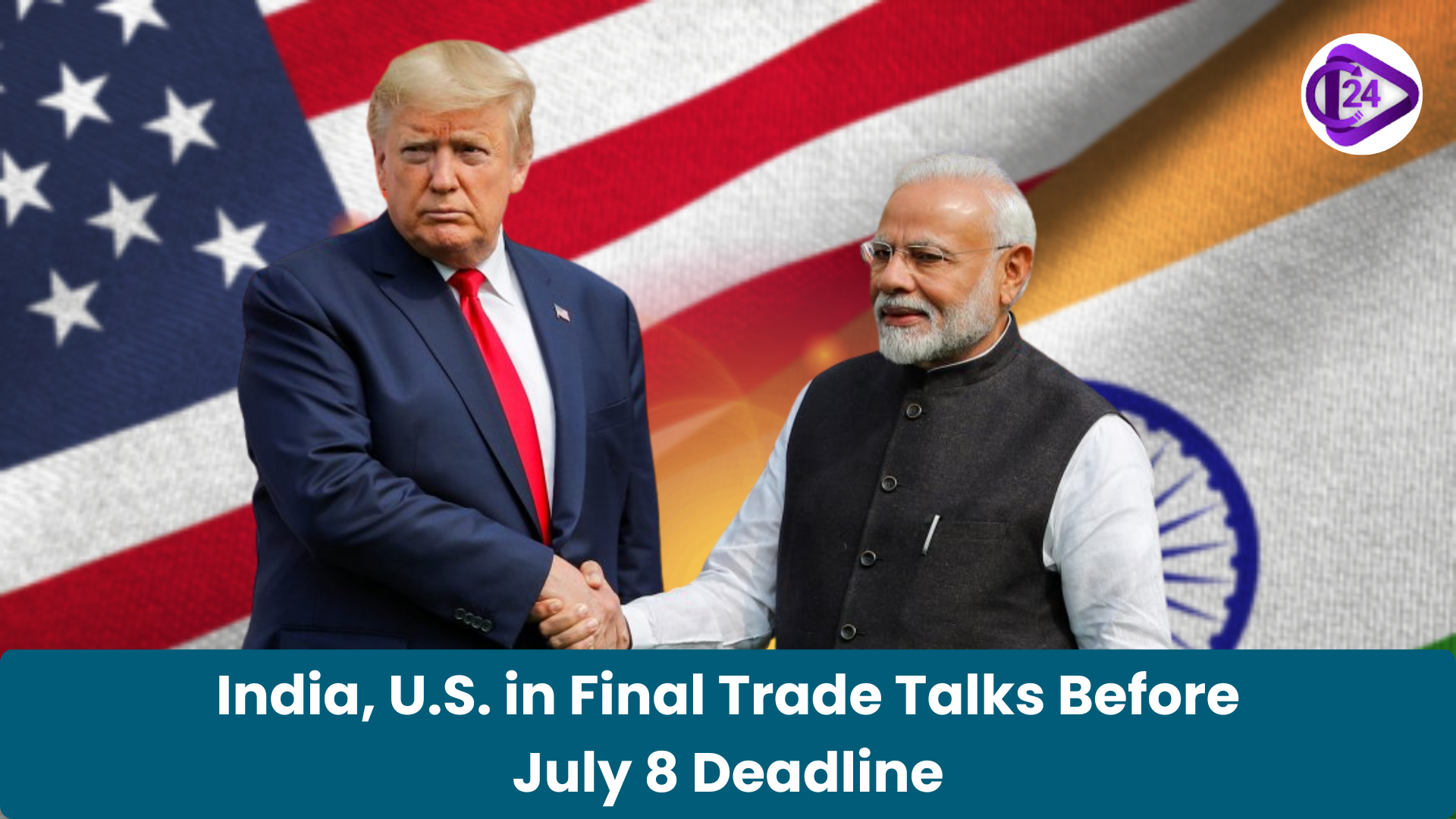 India in Final Trade Negotiations with U.S. Ahead of July 8 Deadline
India in Final Trade Negotiations with U.S. Ahead of July 8 Deadline Dangeti Jahnavi Becomes First Indian to Complete NASA’s Space Program
Dangeti Jahnavi Becomes First Indian to Complete NASA’s Space Program 36 Indians Begin Kailash-Mansarovar Yatra After 6 Years
36 Indians Begin Kailash-Mansarovar Yatra After 6 Years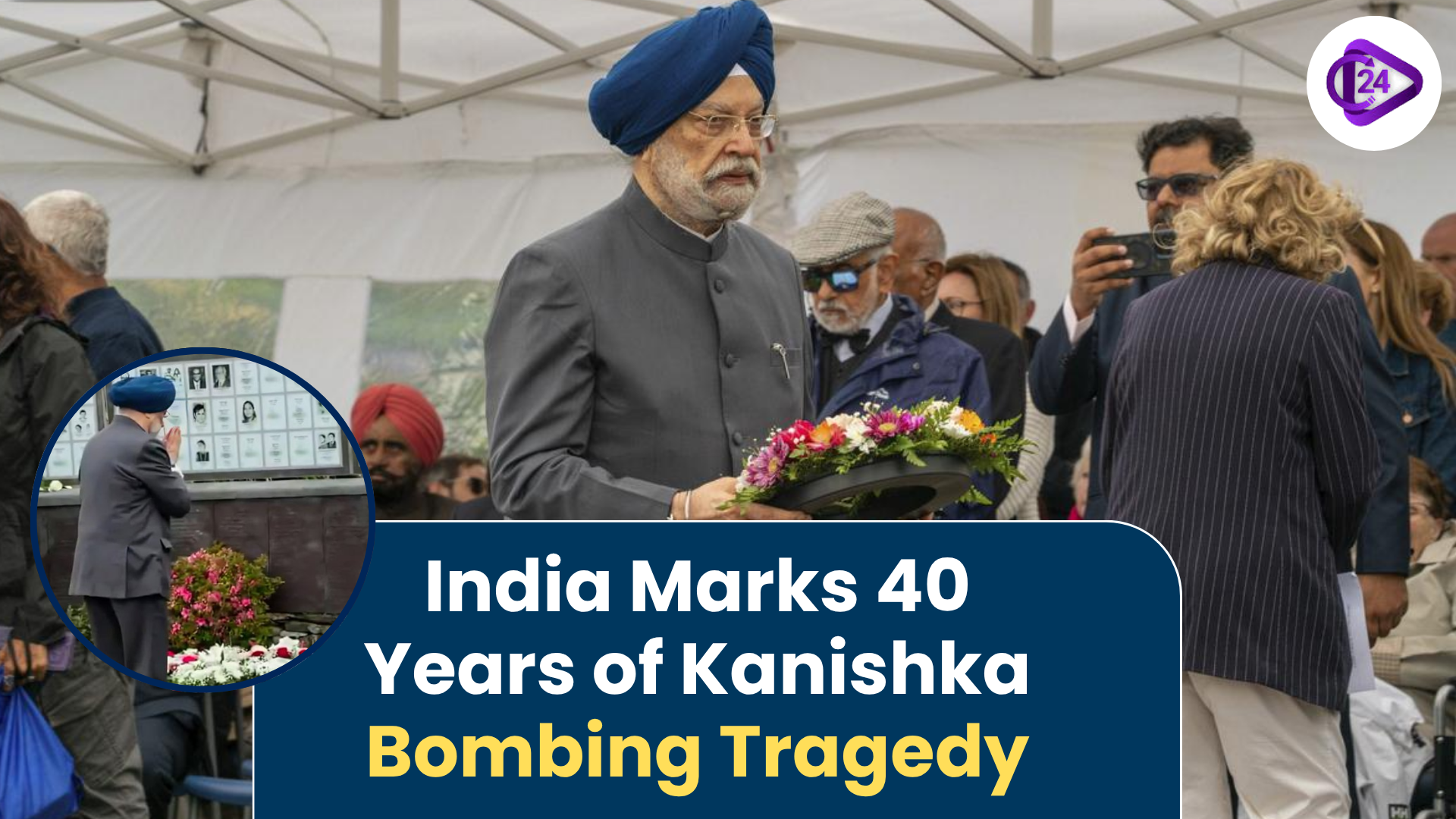 India Joins Ireland and Canada in Remembering Victims of Air India Kanishka Bombing on 40th Annivers
India Joins Ireland and Canada in Remembering Victims of Air India Kanishka Bombing on 40th Annivers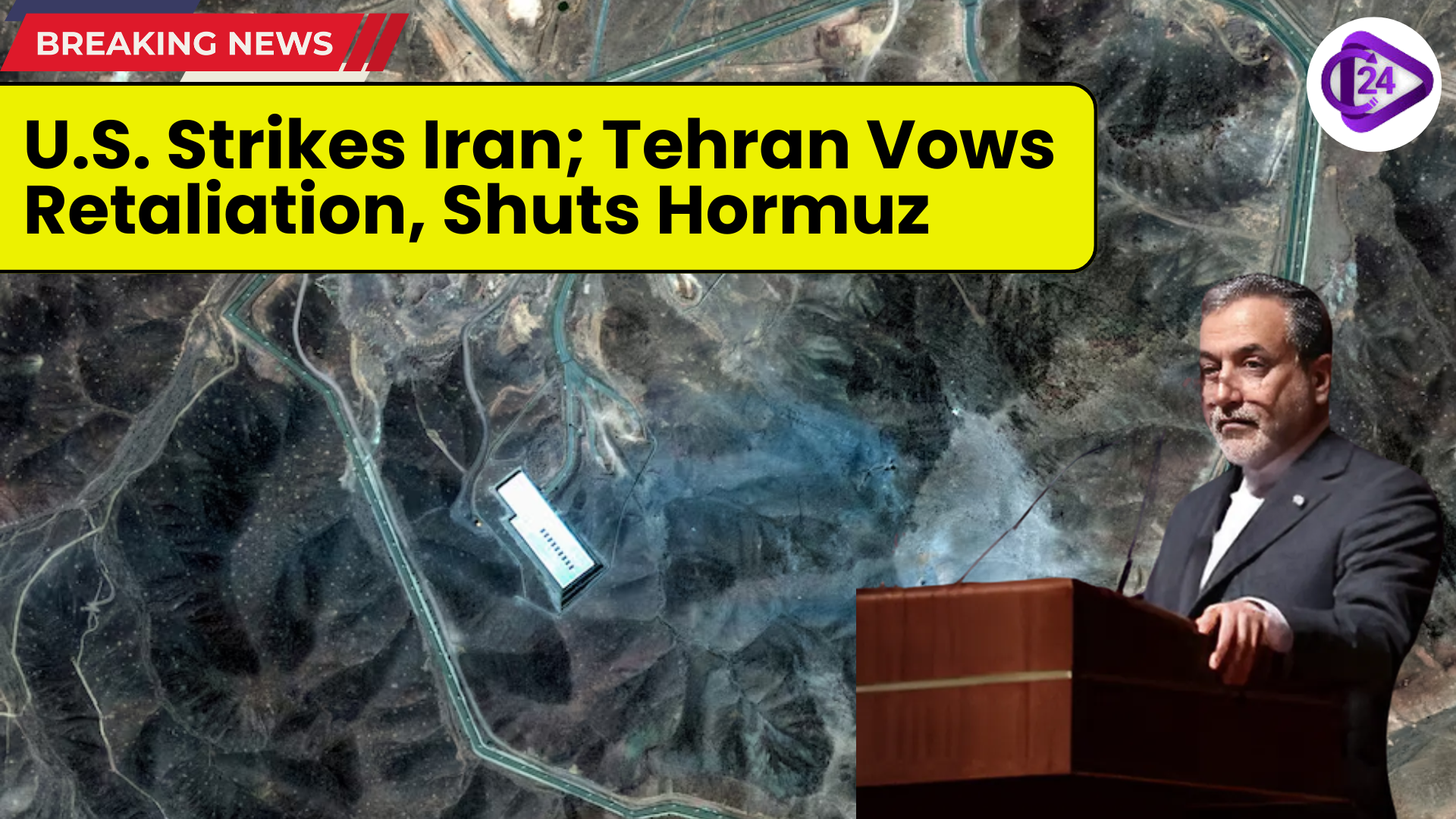 U.S. Strikes Iranian Nuclear Sites; Iran Vows Retaliation and Closes Strait of Hormuz
U.S. Strikes Iranian Nuclear Sites; Iran Vows Retaliation and Closes Strait of Hormuz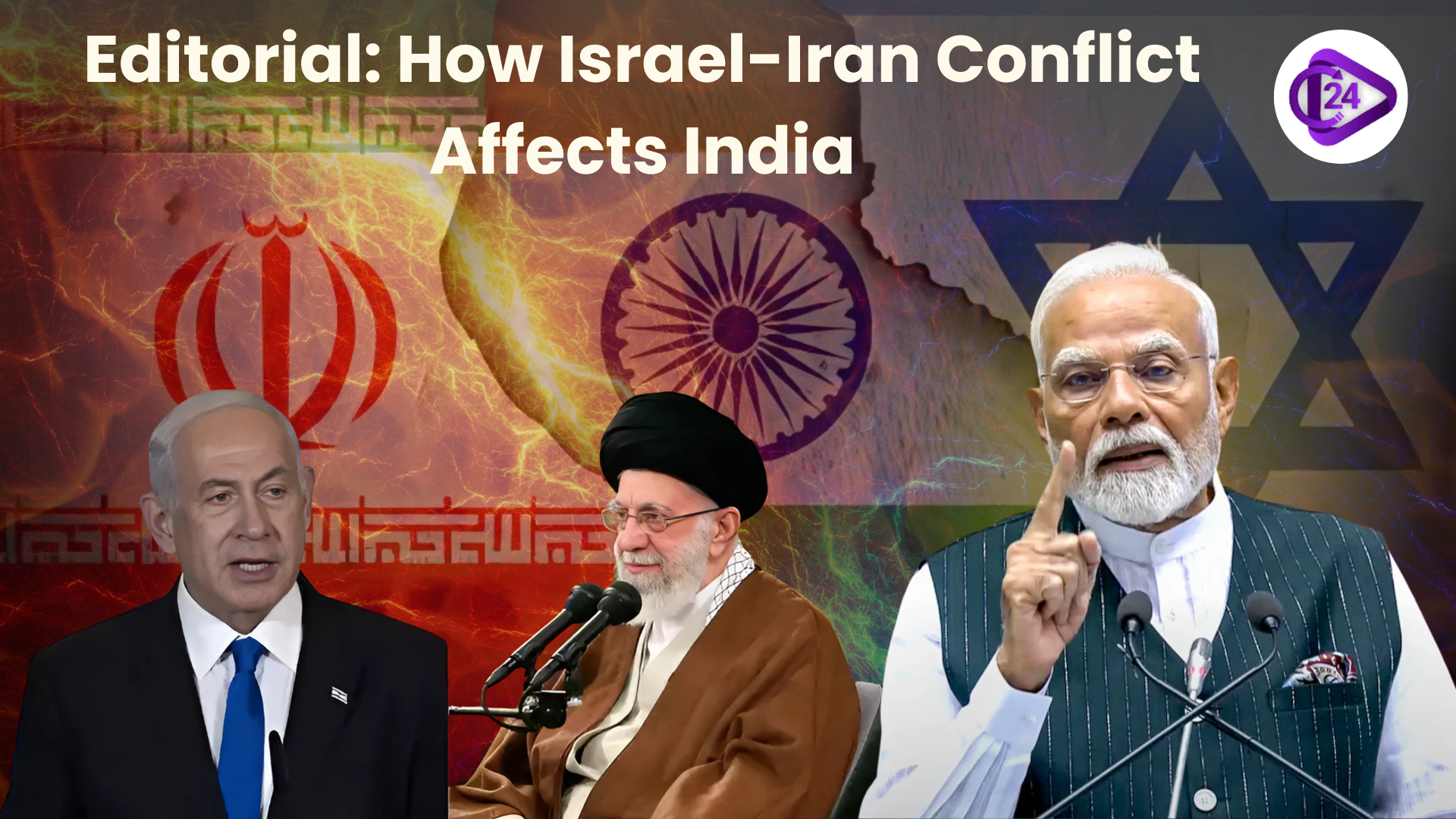 The Effects of Israel-Iran conflict on India: economics, geopolitics and strategy
The Effects of Israel-Iran conflict on India: economics, geopolitics and strategy India Trails in Critical Technology Sectors: Semiconductors, AI, Biotechnology, Space, and Quantum
India Trails in Critical Technology Sectors: Semiconductors, AI, Biotechnology, Space, and Quantum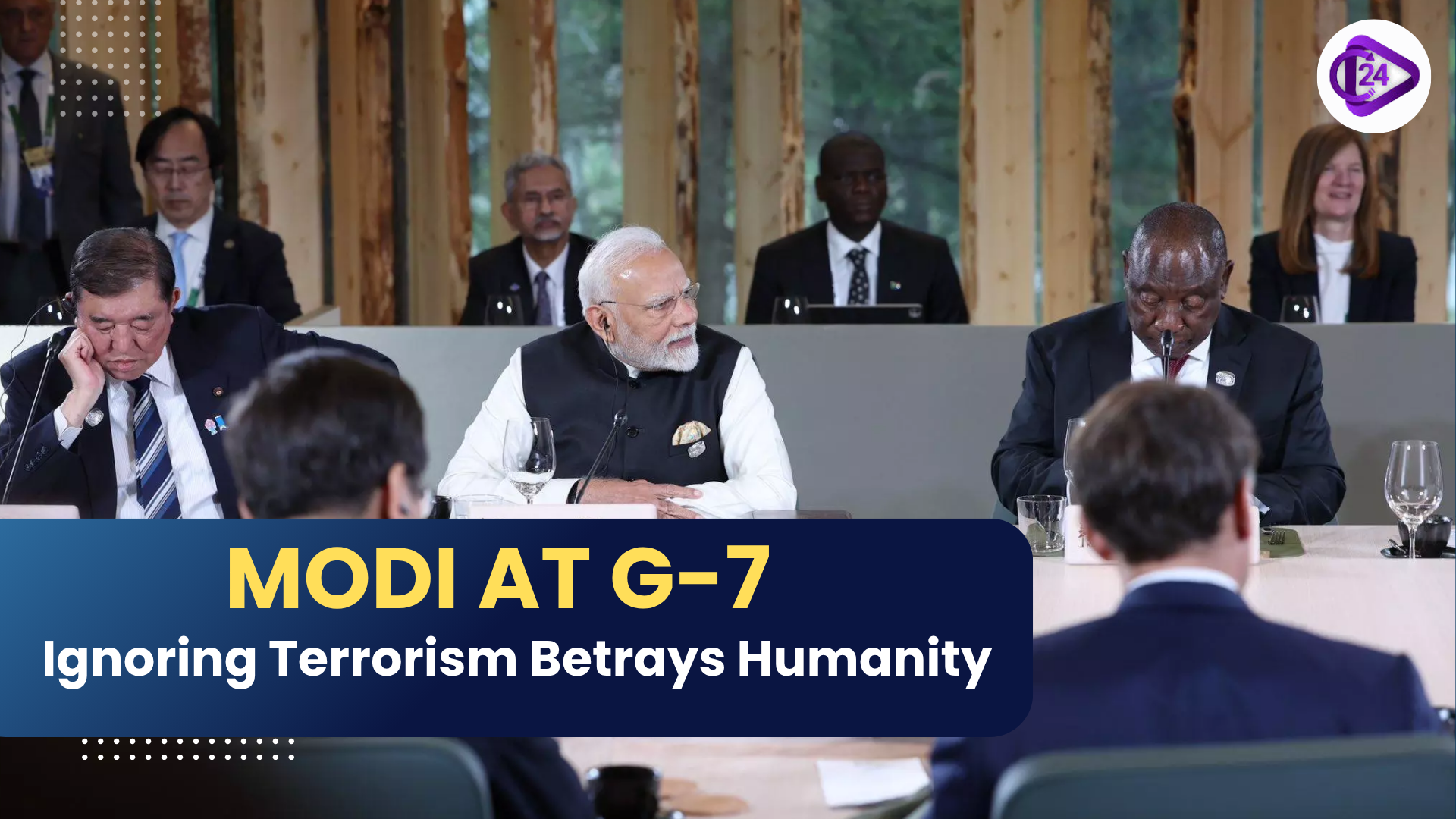 PM Modi at G-7 Summit: Turning a Blind Eye to Terrorism is a Betrayal of Humanity
PM Modi at G-7 Summit: Turning a Blind Eye to Terrorism is a Betrayal of Humanity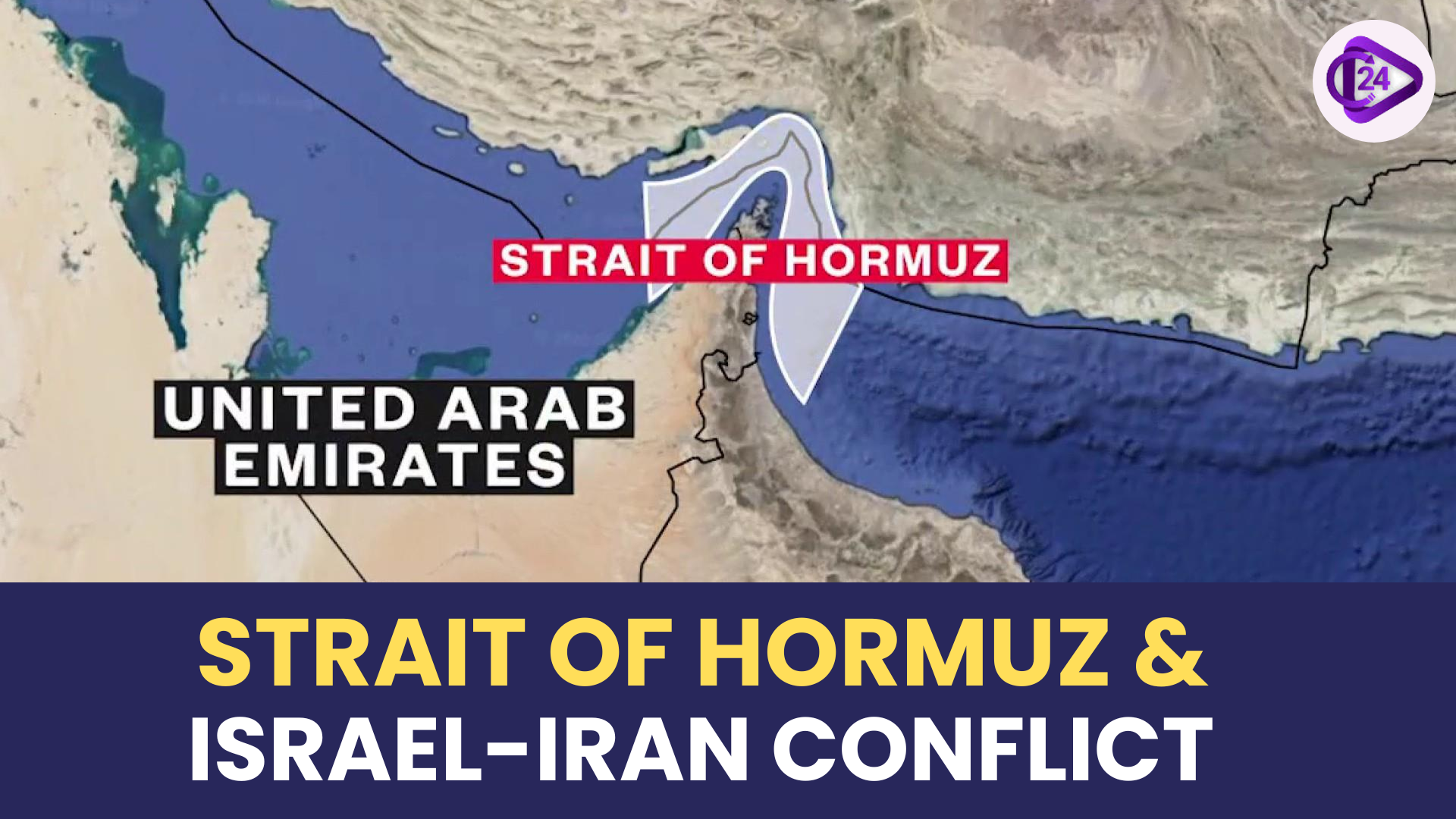 Why is the Strait of Hormuz Critical for India’s Oil and Gas Imports?
Why is the Strait of Hormuz Critical for India’s Oil and Gas Imports?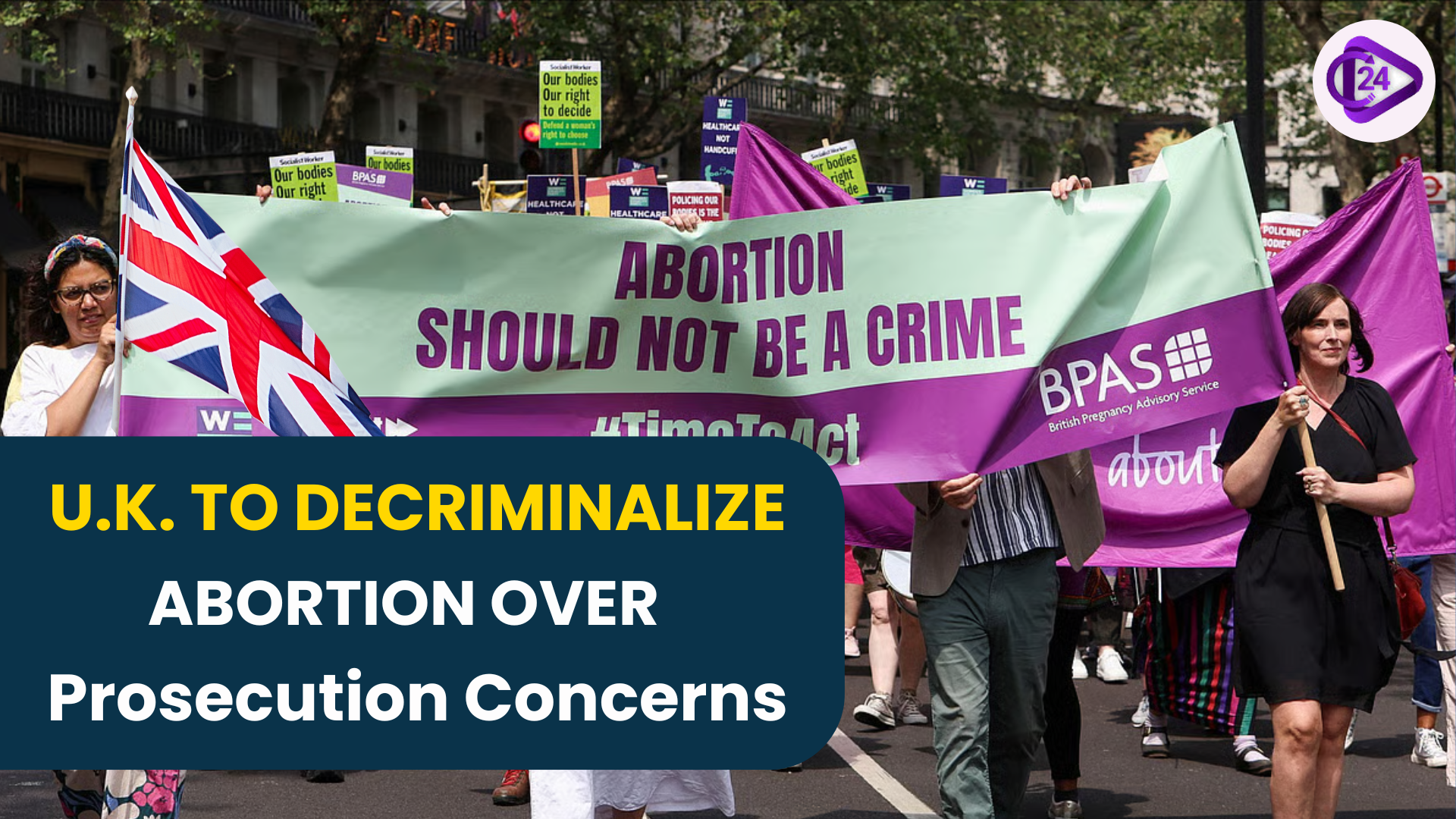 U.K. to Decriminalize Abortion Over Prosecution Concerns
U.K. to Decriminalize Abortion Over Prosecution Concerns






